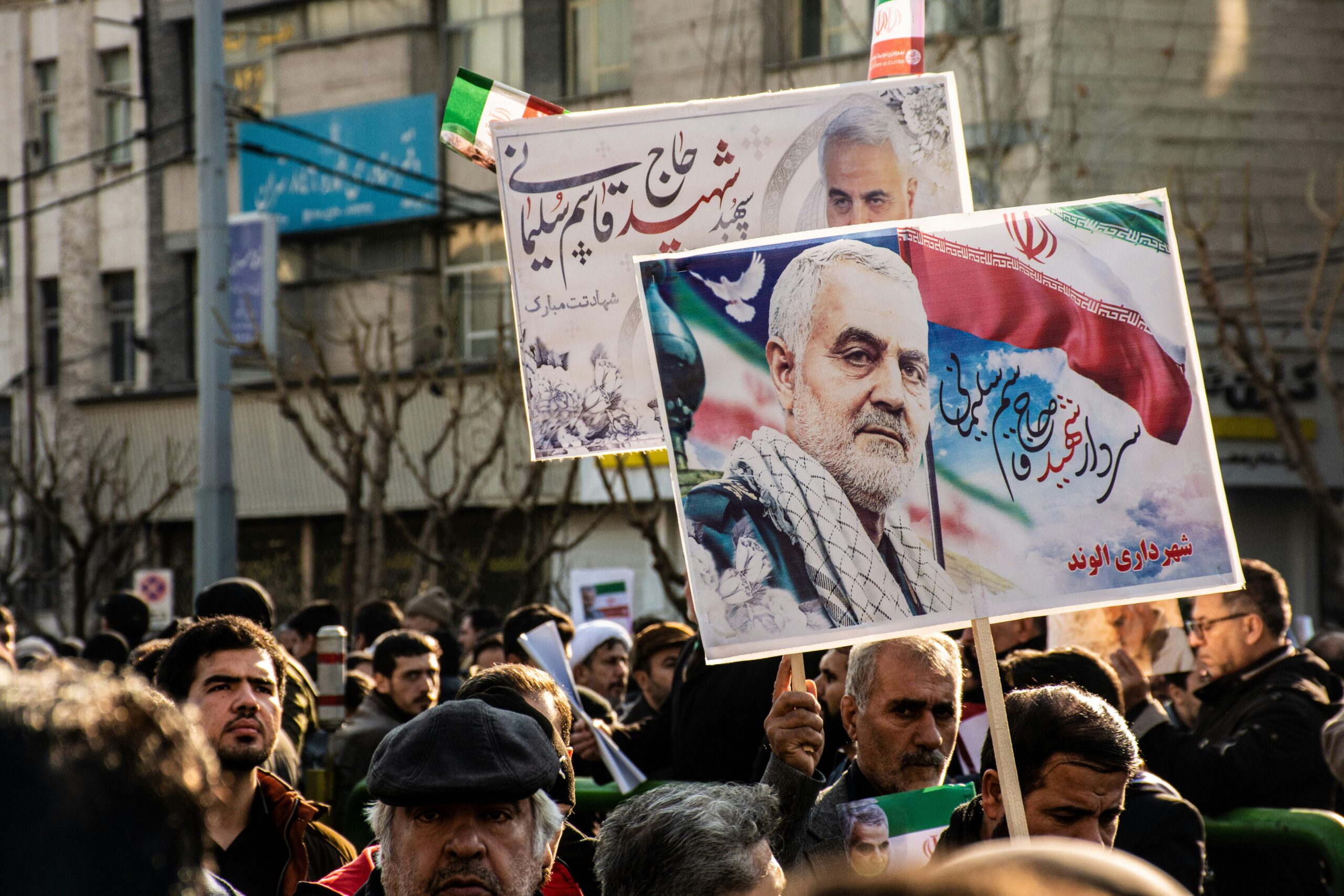
Anticipated Complexity in Upcoming IAEA-Iran Nuclear Talks
As the International Atomic Energy Agency (IAEA) prepares for a crucial visit to Iran, the first since Tehran severed ties with the UN nuclear watchdog last month, officials warn of ‘technical’ and ‘complicated’ discussions ahead. This announcement comes in the aftermath of a contentious period marked by conflict and international tensions.
Context of the Talks
The IAEA’s planned visit is set against a backdrop of strained relations after Iran decided to cut off cooperative ties following an intensive conflict with Israel, supported by the United States. This conflict involved significant military strikes on Iranian soil, targeting nuclear facilities and exacerbating regional tensions.
Statements from Iranian Officials
Esmaeil Baghaei, spokesperson for Iran’s Ministry of Foreign Affairs, expressed caution about the outcomes of the upcoming talks, emphasizing their technical and complex nature. There may be a meeting with Abbas Araghchi, Iran’s Minister of Foreign Affairs, during the IAEA’s visit.
Further complicating the atmosphere, Deputy Foreign Minister Kazem Gharibabadi reported that discussions with Massimo Aparo, the IAEA’s deputy director-general, had concluded with plans for future consultations, though details remain sparse. The IAEA has not yet commented on these developments, which notably do not include access to Iranian nuclear sites.
Recent Developments and Historical Context
The deteriorating relationship between Iran and the IAEA was officially marked on June 12, when the IAEA’s board accused Iran of breaching its non-proliferation obligations. This accusation came just a day before a new round of Israeli airstrikes began, igniting the recent conflict. In response, Iran suspended its cooperation with the IAEA on July 3, as ordered by President Masoud Pezeshkian, who has since declared the country’s readiness to continue its nuclear program amidst ongoing hostilities with Israel.
These developments occur as Iran’s nuclear ambitions remain a point of contention on the global stage. The country’s program, which had previously enriched uranium up to 60 percent purity—still below the 90 percent considered weapons-grade—had been under intense scrutiny and negotiation, particularly with Western nations.
Implications for Global Nuclear Diplomacy
The ongoing tensions and the complex nature of the upcoming IAEA talks highlight significant challenges in global nuclear diplomacy. With Iran’s cooperation now contingent upon approval from its Supreme National Security Council, the international community may face further hurdles in monitoring and negotiating terms regarding Iran’s nuclear program.
The outcome of these talks could have profound implications, not only for regional security but also for the broader landscape of international relations and nuclear non-proliferation efforts.
Conclusion
As the world watches closely, the results of these ‘complicated’ talks will likely influence future diplomatic engagements and potentially reshape regional dynamics. The international community remains hopeful yet cautious, awaiting clear outcomes from the upcoming IAEA visit to Iran.


